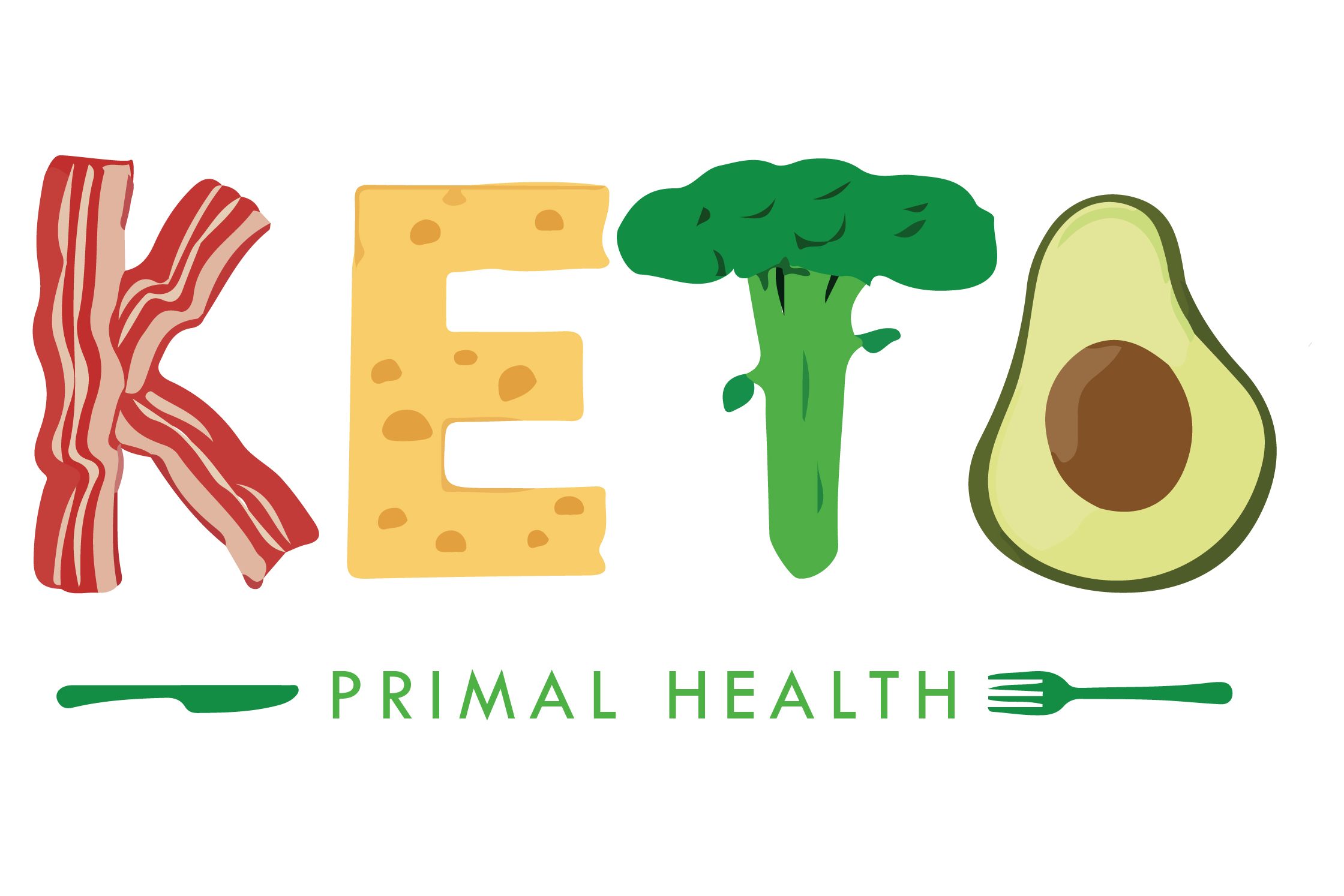In recent years, the ketogenic diet, commonly known as keto, has surged in popularity. This high-fat, low-carbohydrate diet promises weight loss, improved mental clarity, and a host of other health benefits. But what exactly happens in your body when you follow a keto diet? Understanding the science behind ketosis — the metabolic state central to the keto diet — can help demystify how this diet works and why it might be effective for you.
What is Ketosis?
Ketosis is a natural metabolic state where your body shifts from burning carbohydrates for energy to burning fat. This occurs when carbohydrate intake is significantly reduced, forcing the body to find an alternative fuel source. In the absence of sufficient carbs, your liver begins to convert fat into ketones, which then become the primary energy source for your body and brain.
The Biochemistry of Ketosis
When you eat a diet rich in carbohydrates, your body breaks down these carbs into glucose, which is used for energy. However, on a keto diet, the intake of carbohydrates is drastically reduced, typically to less than 50 grams per day. This shortage of carbs forces the body to turn to stored fat for energy.
- Reduction of Blood Sugar and Insulin Levels: With lower carb intake, blood sugar levels drop. Consequently, the pancreas releases less insulin, a hormone responsible for managing blood glucose levels. Lower insulin levels facilitate fat burning and prevent fat storage, which is why many people experience weight loss on keto.
- Fat Mobilization: With diminished glucose availability, the body increases the breakdown of stored fats into fatty acids and glycerol. This process, known as lipolysis, releases these components into the bloodstream.
- Ketogenesis in the Liver: Fatty acids are transported to the liver, where they are converted into ketone bodies (acetoacetate, beta-hydroxybutyrate, and acetone). This process is called ketogenesis. These ketones are released into the bloodstream and used as an alternative fuel source by organs and tissues, including the brain, which usually relies heavily on glucose.
Benefits of Ketosis
The shift to ketosis offers numerous potential benefits:
- Weight Loss: By burning fat for fuel, your body can significantly reduce fat stores. The keto diet also helps suppress appetite, making it easier to reduce overall caloric intake.
- Mental Clarity and Focus: Many people report improved mental clarity and focus while in ketosis. Ketones provide a steady energy supply to the brain, avoiding the blood sugar spikes and crashes associated with high-carb diets.
- Increased Energy Levels: Ketones are an efficient fuel source, potentially leading to sustained energy levels throughout the day without the need for frequent carb-heavy meals.
- Enhanced Physical Performance: Athletes and fitness enthusiasts often turn to keto to enhance endurance. With fat stores providing a virtually limitless energy source, performance in endurance sports may improve.
- Therapeutic Effects: Ketosis has been studied for its therapeutic effects on various conditions, including epilepsy, type 2 diabetes, and neurological disorders like Alzheimer’s and Parkinson’s disease.
How to Achieve Ketosis
Achieving and maintaining ketosis requires careful dietary planning:
- Reduce Carbohydrates: To enter ketosis, carbohydrate intake should be kept very low, usually below 50 grams per day. Focus on non-starchy vegetables, nuts, and seeds.
- Increase Healthy Fats: Approximately 70–80% of your daily calories should come from healthy fats such as avocados, olive oil, coconut oil, butter, and fatty fish.
- Moderate Protein Intake: Protein should be consumed in moderation, making up around 20–25% of your daily intake. Excess protein can be converted to glucose, potentially hindering ketosis.
- Stay Hydrated: Proper hydration is crucial. Drink plenty of water and consider electrolyte supplements to avoid imbalances, especially during the initial stages of the diet.
- Monitor Ketone Levels: Use ketone testing strips or a blood ketone meter to check if you are in ketosis. This can help you adjust your diet to maintain this metabolic state.
Potential Side Effects and Considerations
While ketosis can be beneficial, it’s not without potential side effects. The “keto flu” is a common experience during the initial transition to ketosis, characterized by fatigue, headache, nausea, and irritability. This usually resolves within a few days as the body adapts to using ketones for energy.
Long-term adherence to a keto diet requires careful planning to ensure nutritional balance. Consulting with a healthcare provider or dietitian can help you tailor the diet to your individual needs and health goals.
Start Your Keto Journey with the Custom Keto Diet
Embarking on a ketogenic diet can be a transformative experience, but it can also be challenging to navigate on your own. That’s where the Custom Keto Diet comes in. This personalized plan is designed to help you achieve and maintain ketosis while enjoying delicious, satisfying meals tailored to your preferences and dietary needs.
Ready to take the next step towards better health and wellness? Get started with your Custom Keto Diet today! With customized meal plans, expert guidance, and a wealth of resources, you’ll be well on your way to experiencing the benefits of ketosis. Click here to get your Custom Keto Diet now!
Understanding the science behind ketosis can help you appreciate the profound changes your body undergoes on a keto diet. With the right approach and resources like the Custom Keto Diet, you can successfully harness the power of ketosis to achieve your health and fitness goals.
**Please note that this post contains affiliate links. If you make a purchase through these links, we may earn a small commission at no additional cost to you. This helps support our blog and allows us to continue providing high-quality content. Thank you for your support!



Leave a Reply